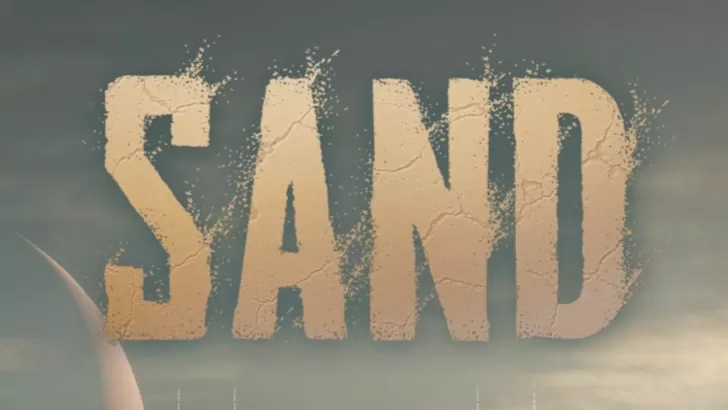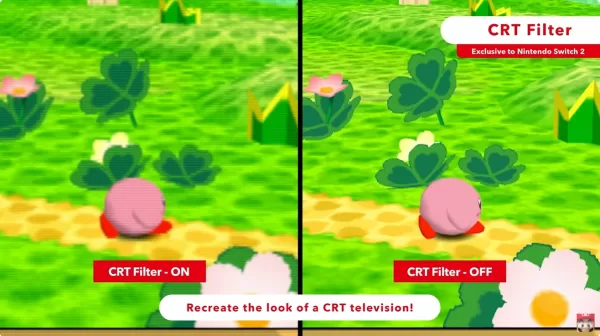Ubisoft has clarified that purchasing a game does not grant players "unfettered ownership rights" to it, but rather a "limited license to access the game." This statement was made in response to a lawsuit filed by two players of the racing game The Crew, who were upset over the game's shutdown last year.
In 2014, The Crew became unplayable, with all versions, including physical and digital copies, ceasing to function after the servers were shut down at the end of March 2024. While Ubisoft took steps to create offline versions of The Crew 2 and its sequel The Crew: Motorfest, allowing continued play, no such option was provided for the original game.
Last year, two gamers initiated legal action against Ubisoft, claiming they believed they were purchasing ownership of The Crew, not just a limited license. Their lawsuit likened the situation to buying a pinball machine only to find it stripped of its essential components years later.
According to Polygon, the plaintiffs accused Ubisoft of breaching California’s False Advertising Law, Unfair Competition Law, and Consumer Legal Remedies Act, alongside common law fraud and breach of warranty claims. They also contended that Ubisoft violated California's state law regarding gift cards, which cannot expire. Evidence included images of the game's activation code, valid until 2099, suggesting to them that The Crew would remain playable well into the future.
Ubisoft countered by stating that the plaintiffs were informed at the time of purchase that they were acquiring a license, not ownership. The company pointed out that both Xbox and PlayStation packaging included a clear notice in capital letters, stating that Ubisoft could cancel access to online features with 30 days' notice.
Ubisoft has moved to dismiss the case, but if unsuccessful, the plaintiffs are seeking a jury trial. Meanwhile, digital marketplaces like Steam have started to include explicit warnings to customers that they are purchasing a license, not a game. This shift follows a new law signed by California Governor Gavin Newsom, requiring digital marketplaces to clarify the nature of digital purchases. Although this law doesn't stop companies from removing content, it mandates transparency about the licensing nature of digital products before purchase.







![NULL [Remastered]](https://imgs.39man.com/uploads/71/1719651062667fcaf6c483b.png)








